
Ramesh K. Arora

Showing all 9 books

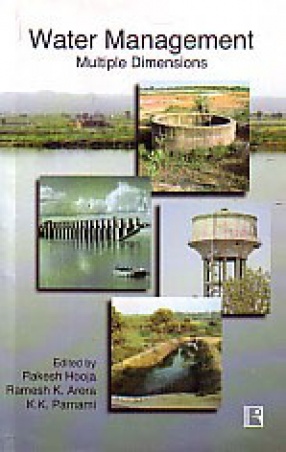
An anthology of over 15 analytical and reflective essays and articles by leading experts from all over India, this book discusses the various facets and dimensions – sociological, economical, environmental, institutional, technical and administrative – of water management, with examples, illustrations and case studies from the Indian context. Long term water demand, water savings and conservation, community participation in management of water ...
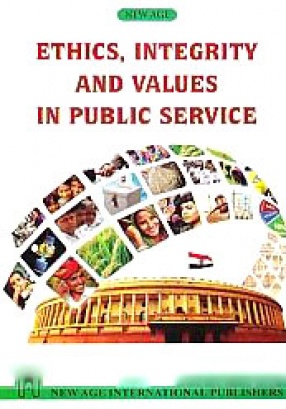

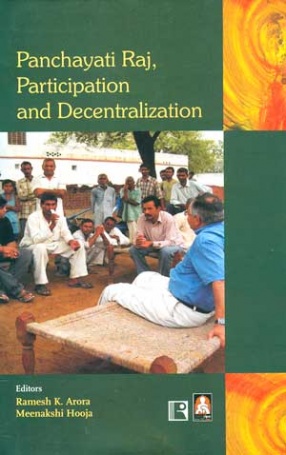
Perhaps the most significant characteristic of India's parliamentary democracy is its vigorous grassroots structure. Local level participatory and democratic institutions, sprawling throughout the country, have not only brought authenticity to the democratic spirit, but have also made the whole process of governance increasingly effective and responsive. More particularly, after the 73rd and 74th amendments to the Indian Constitution, the decentralized ...

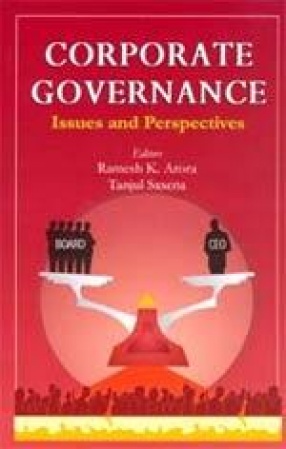
A Corporation is a congregation of a multitude of stakeholders that include customers, employees, investors, vendors, partners and government. There is a rainbow of expectations around a corporation and the fulfillment of these aspirations requires energy, initiatives and integrity of the highest order. In the context of expanding globalization, corporations are having access to global pools of capital, attracting and endeavouring to retain the best human capital ...
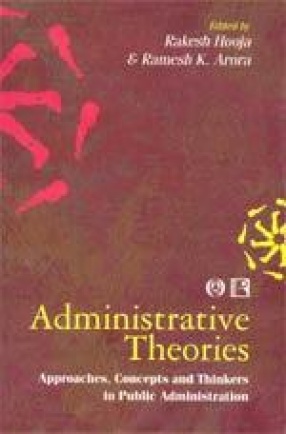
Administrative Theory has been an exciting area of the wider field of public Administration. There have been a number of significant approaches, models, foci and theories that represent and explain administrative phenomena in myriad situations, nations and times. Although most of these conceptual constructs in the field of Public Administration have evolved in the west, particularly in the United States of America, these have been modified and modernized on the ...

Recently, the Second Administrative Reforms Commission, while submitting its report on “Ethics in Governance†termed it as its most important report. Why not? Ethics is the essence of good governance and a sine qua non of an effective and responsive democracy. An eminent ICS officer, AD Gorwala had mentioned in 1951 that there were three cardinal principles of good administration: Efficiency, Economy and Integrity. Of late, we have cared ...
